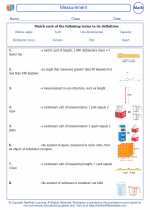Condensation
Condensation is the process by which a gas changes into a liquid. This occurs when the temperature of the gas decreases, causing the gas molecules to lose energy and come together to form a liquid. Condensation is the opposite process of evaporation, where a liquid changes into a gas.
How Does Condensation Occur?
Condensation occurs when the temperature of a gas is reduced, causing the gas molecules to slow down and come closer together. As the gas molecules come into contact with a cooler surface, such as a cold glass of water or the inside of a window on a cold day, they lose energy and form a liquid. This process is responsible for the formation of clouds, dew, and fog.
Examples of Condensation
Condensation can be observed in everyday life in various forms. Some common examples of condensation include:
- Water droplets forming on the outside of a cold drink glass
- Fog appearing on a cool morning
- Dew forming on grass and plants
- Cloud formation in the sky
Study Guide
To understand the concept of condensation, it is important to remember the following key points:
- Condensation is the process by which a gas changes into a liquid.
- It occurs when the temperature of the gas decreases, causing the gas molecules to lose energy and come together to form a liquid.
- Condensation is responsible for the formation of clouds, dew, and fog.
- Common examples of condensation include water droplets on a cold drink glass, fog on a cool morning, dew on grass and plants, and cloud formation in the sky.
Understanding condensation is important in various scientific fields, including meteorology, chemistry, and environmental science. It is also a fundamental concept in understanding the water cycle and weather patterns.
.◂Math Worksheets and Study Guides Fourth Grade. Measurement

 Activity Lesson
Activity Lesson
 Activity Lesson
Activity Lesson
 Activity Lesson
Activity Lesson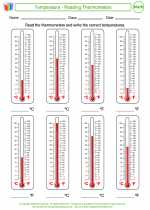
 Worksheet/Answer key
Worksheet/Answer key
 Worksheet/Answer key
Worksheet/Answer key
 Worksheet/Answer key
Worksheet/Answer key
 Worksheet/Answer key
Worksheet/Answer key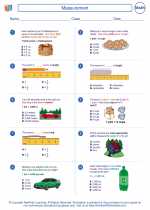
 Worksheet/Answer key
Worksheet/Answer key
 Worksheet/Answer key
Worksheet/Answer key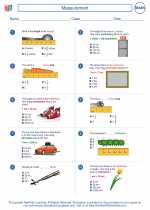
 Worksheet/Answer key
Worksheet/Answer key
 Worksheet/Answer key
Worksheet/Answer key
 Worksheet/Answer key
Worksheet/Answer key
 Worksheet/Answer key
Worksheet/Answer key
 Vocabulary/Answer key
Vocabulary/Answer key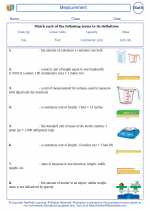
 Vocabulary/Answer key
Vocabulary/Answer key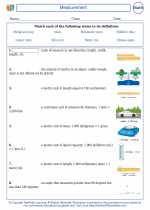
 Vocabulary/Answer key
Vocabulary/Answer key